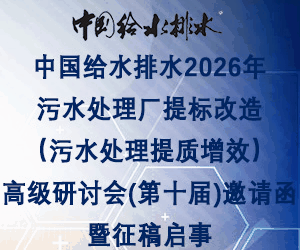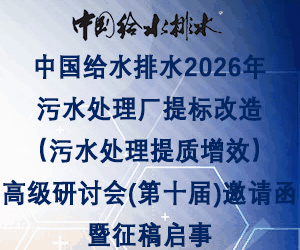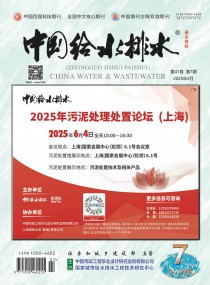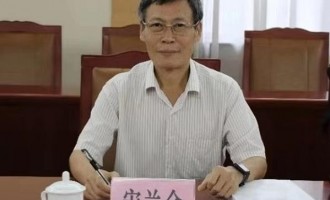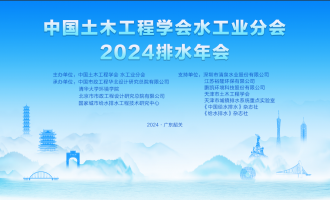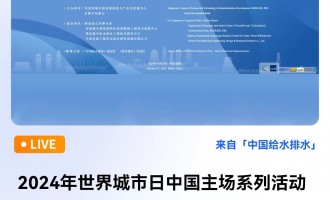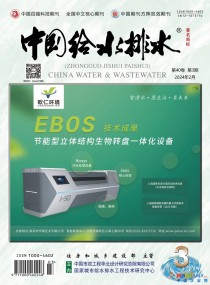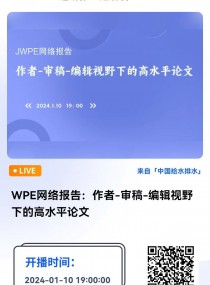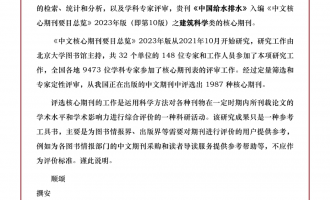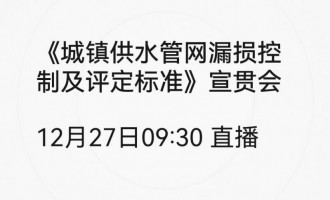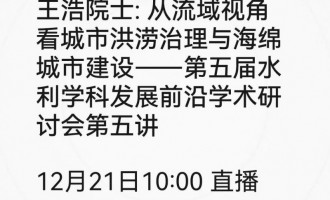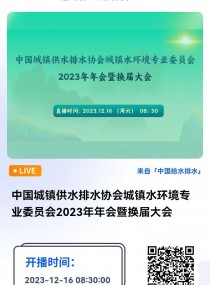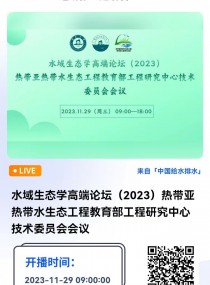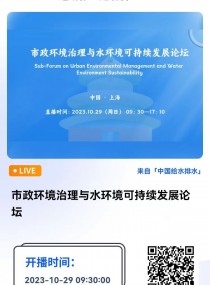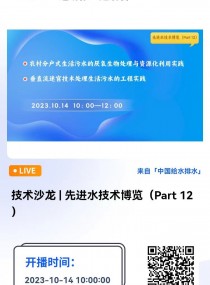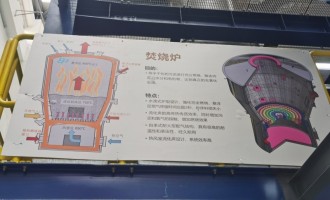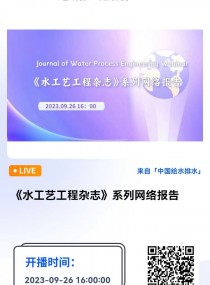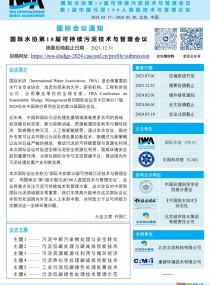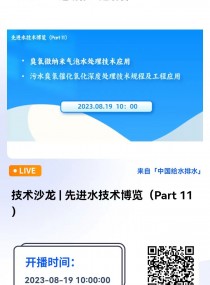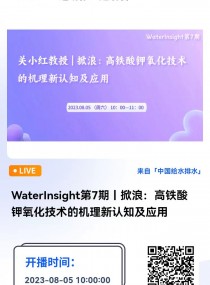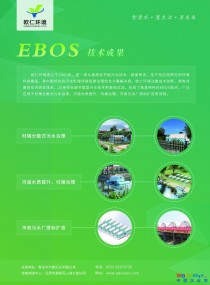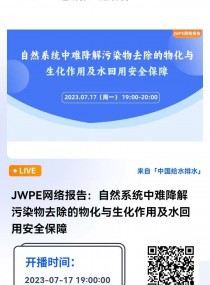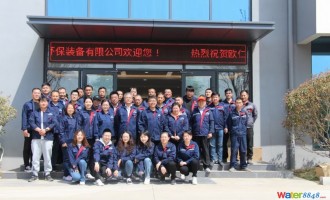| 作者: |
|
时间: 2012年12月18日 来源: 财富中文网 |
| 一份新报告向我们展示了2030年的世界将会是多么的糟糕。 |
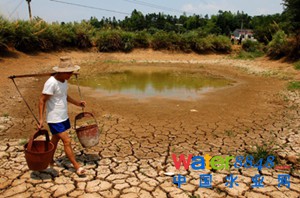
|
每次总统大选结束后,位于华盛顿特区的美国国家情报委员会(The National Intelligence Council,NIC)都会发布一份关于安全风险的报告,为美国情报界提供长期战略分析。该委员会于12月10日发布了最新报告《2030年全球趋势:不一样的世界》(Global Trends 2030: Alternative Worlds),其中涉及跨边境冲突、恐怖主义和区域经济崩溃等诸多话题。 其中有一个主题尤为引人注意,即中国可能面临的粮食与水资源危机。报告称,气候变化,加上中国的城市化进程和中产阶级生活方式的兴起,至2030年,中国将产生巨大的用水需求以及伴随而来的粮食短缺。报告中写道:“到2030年,水将成为比能源或矿产更为抢手的资源。” 截至2030年,全球食物需求预计将增加超过35%,而这意味着世界需要更多的水。毕竟,农业与畜牧业占到全球总用水量的70%。根据一项重要的国际研究显示,全球水需求量将比当前的可持续供水量高出40%以上。 中国将是最容易受到这种趋势影响的国家。比如,报告指出,水荒(正在融化的喜马拉雅冰川无济于事)、土壤贫化等环境压力,以及城市化带来的农业可用地压力,将使中国谷物产量面临巨大挑战。中国是世界主要小麦生产国,也是第二大玉米生产国与消费国,仅次于美国。 但到2030年,中国甚至可能无法实现小麦和玉米的自给自足,将不得不增加进口,而NIC得出的结论是,这可能引发“国际市场粮食价格大幅上涨。” 如果中国和其他发展中国家能够找到提高作物产量和维护水资源的新方法,以上预测的状况便不会发生。NIC推荐了三项需要开发的新技术:转基因作物、精细农业和高科技灌溉。 • NIC认为,在分子生物学的推动下,植物遗传学取得重大突破,前景广阔,将实现未来15 - 20年内的粮食安全。通过分子植物育种,可以设计出需要少量化肥的抗虫抗旱作物。中国等国家可能需要克服来自消费者和国际监管机构的阻力。
|
|
|
After each Presidential election, The National Intelligence Council (NIC), the Washington, D.C., agency that provides long-term strategic analysis to America's intelligence community, releases a report on security risks. Its newest report, issued on December 10th and called Global Trends 2030: Alternative Worlds, covers many topics from cross-border conflict to terrorism to regional economic collapse. One theme in particular that stands out this year is the coming food and water crisis in China. According to the report, climate change coupled with China's move toward urbanization and middle class lifestyles will create huge water demand and therefore crop shortages by 2030. As the report states: "Water may become a more significant source of contention than energy or minerals out to 2030." Globally, demand for food is estimated to increase by more than 35% by 2030 and that means the world will need more water. After all, agriculture and livestock account for 70% of our water use. According to a major international study, global water requirements—mostly to sustain agriculture and livestock—will rise to 40% above our current sustainable water supplies. China is particularly vulnerable to this trend. The report points out, for example, that cereal production in China faces significant challenges from environmental stresses relating to water scarcity—the melting Himalayan glaciers aren't helping—soil depletion, and pressures on land availability from urbanization. China is a major wheat producer and the second-largest producer and consumer of corn after the US. By 2030, though, China may no longer be self-sufficient in these crops and might be forced to increase its imports potentially triggering, the NIC concludes, "a significant price run-up on international markets." None of this needs to happen if China—as well as other developing nations—pursue new methods to increase crop yields and preserve water. The NIC suggests three new technologies that need to be developed: GMO crops, precision agriculture, and high-tech irrigation. • The NIC believes that breakthroughs in plant genetics—enabled by molecular biology—hold great promise for achieving food security in the next 15-20 years. Insect and drought resistant crops that require small amounts of fertilizer can be designed through molecular plant breeding. Nations like China will have to overcome consumer and international regulatory resistance. |
|
• 机器自动化技术将帮助农民减少所需要的水、化肥和种子数量。NIC称,未来五至十年,“自动拖拉机”将使用计算机技术进行更高效的耕种。所谓“自动拖拉机”可以看成是高度自动化的移动生产设施。NIC报告还称,高层结构的“垂直”农业,也有助于提高产量和降低用水量。 •农业灌溉系统所用的水约有60%被浪费。微灌系统利用IT技术测量植物所需水量,可以大幅提高产量。但目前的微灌系统成本仍然过高。 与任何预测一样,我们很难说这些技术多久就可以产生影响力,或者是否能够产生影响力。但至少对于希望在21世纪经济中寻找获利途径的投资者来说,这些技术确实是很有吸引力的想法。
翻译:刘进龙/汪皓
|
|
|
• Robotics might be able to help farmers reduce the amount of water, fertilizer and seed they need. The NIC says that with in the next five to 10 years, "autonomous tractors"—think of them as highly automated manufacturing facilities on wheels—can use computer technology to farm more efficiently. The NIC also reports that "vertical" farming in high-rise structures could help raise yields and reduce water consumption. • Irrigation systems on farms waste roughly 60% of the water used. Micro-irrigation systems that use IT to gauge exactly how much water needs to be dripped on plants could boost yields dramatically. The cost of today's micro-irrigation systems, however, is still high. As with any set of predictions it difficult to say how fast or even whether any of these new technologies will gain traction. At the very least, they do present some intriguing ideas for investors looking for a way to profit on the 21st century economy. |


